EU Project Pravo-Justice Supported the Round Table Dedicated to the Discussion of Judicial Independence
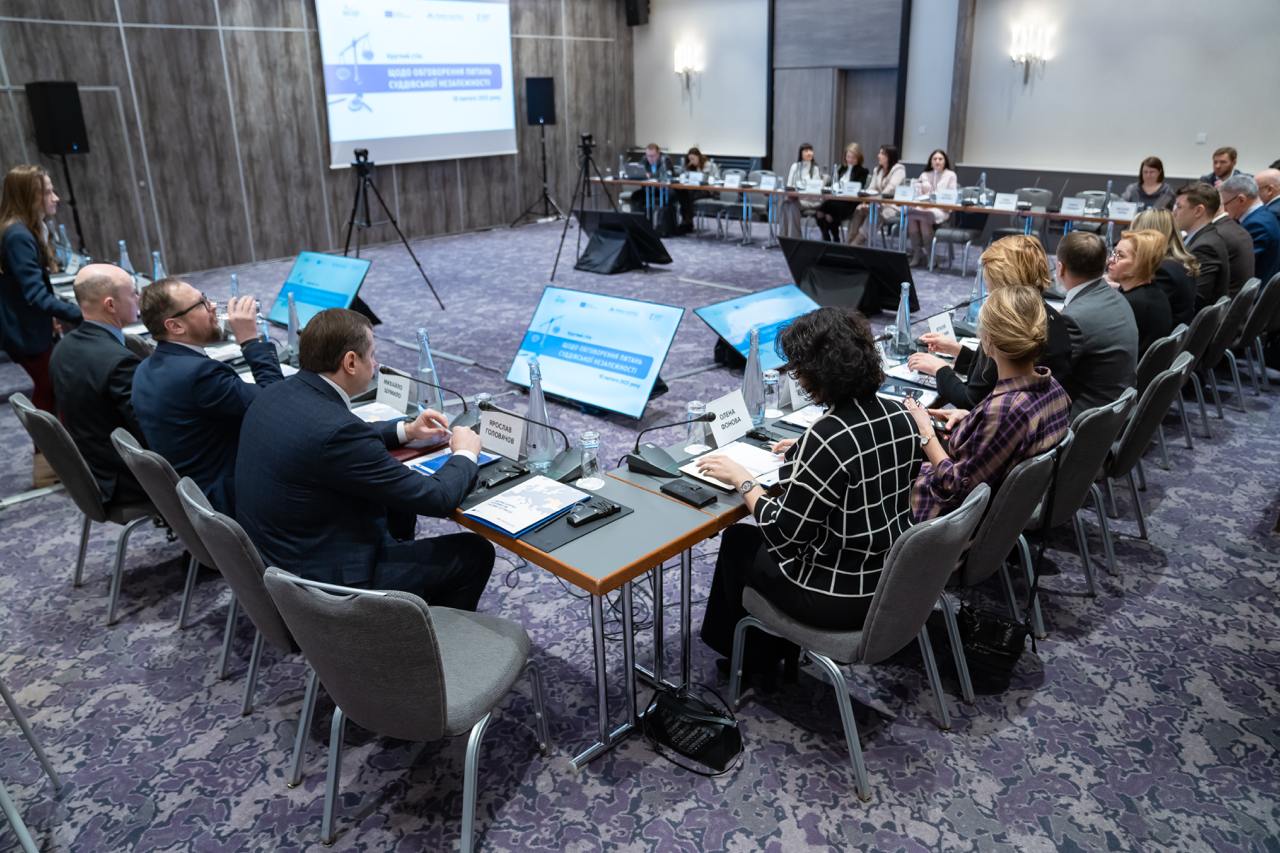
On February 10, the round table dedicated to the discussion of judicial independence was held in Kyiv. The event was organised by EU Project Pravo-Justice together with the High Council of Justice. It brought together members of the High Council of Justice, the High Qualification Commission of Judges, representatives of the Office of the European Network of Councils for the Judiciary, and judges.
The key objective of the event was to present a survey on the assessment of judicial independence, which was conducted by the High Council of Justice together with the European Network of Councils for the Judiciary. The participants to the roundtable also discussed the factors influencing judicial independence, as well as measures taken by judicial governance bodies to promote it.
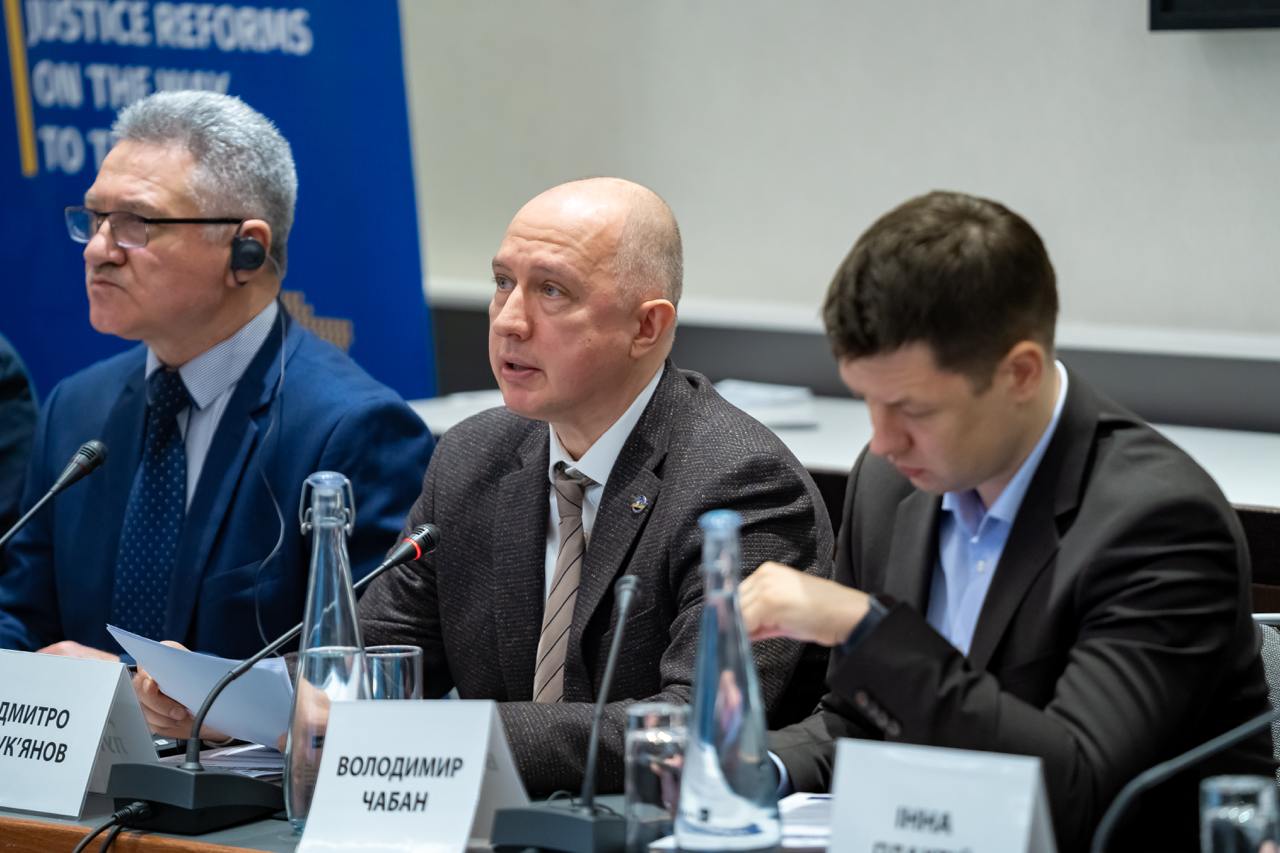
Dmytro Lukianov, Acting Chairman of HCJ, stated that the independence and impartiality of judges were mandatory prerequisites for the administration of justice in a state recognising and guided by the rule of law principle.
"The issue of the state of independence of the judiciary was one of the core discussing points during bilateral negotiations with the European Commission on Ukraine’s acquisition of full membership in the EU. The draft Roadmap on the Rule of Law also identifies strengthening the independence of judges and preventing interference in their activities in terms of administration of justice as one of strategic goals," he noted.
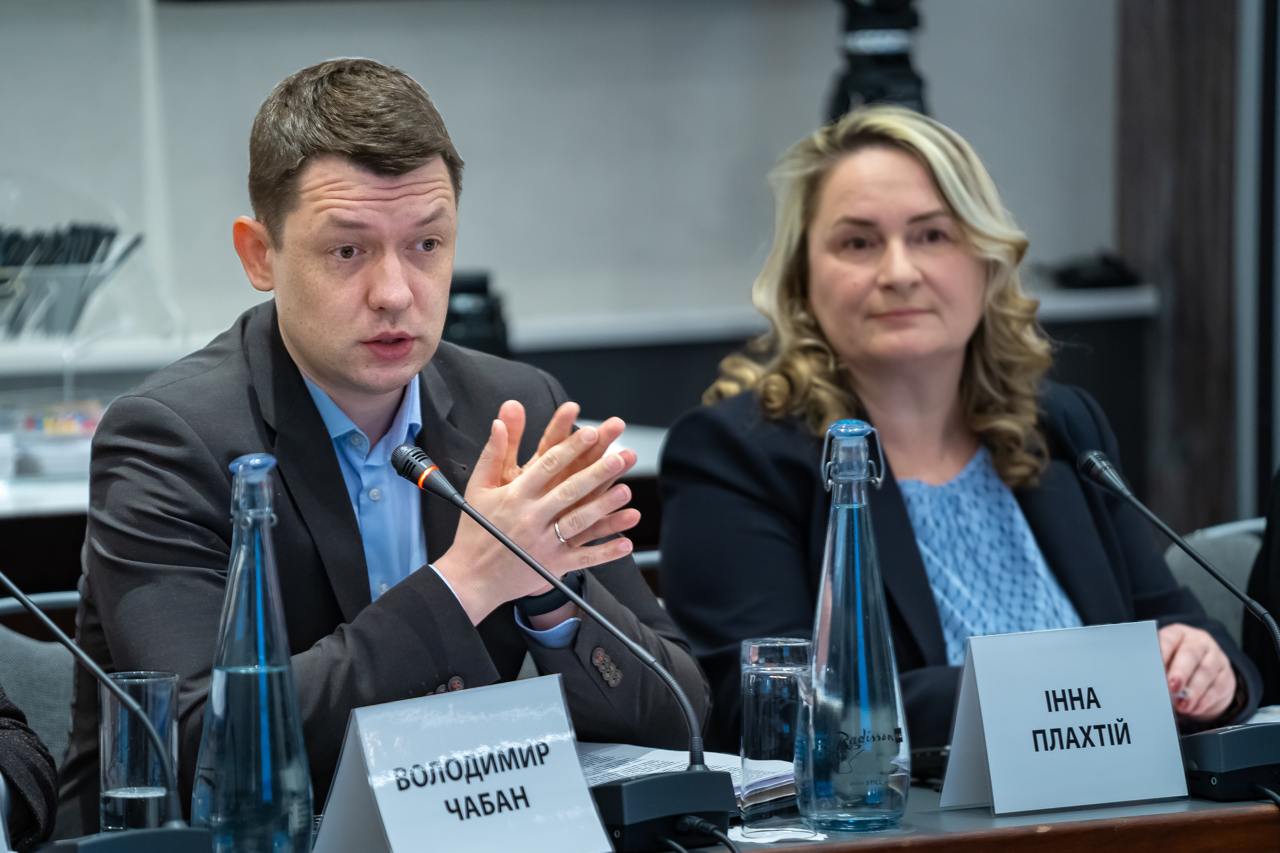
For his part, Volodymyr Chaban, Judiciary Component Lead of EU Project Pravo-Justice, emphasised that EU Project Pravo-Justice provided consistent and systematic support to the HCJ in establishing ties and deepening cooperation with European partners, in particular with the European Network of Councils for the Judiciary.
"The Project decided to support the survey on the assessment of the independence of judges, as it is important not only for the judicial system, but also for the whole society. Judicial independence is one of the key elements of both principle of effective judicial protection and right to access to an impartial trial. Moreover, in the Report under the EU Enlargement Package for 2024, the European Commission draws attention to the fact that the renewed judicial governance bodies should continue working, along with other measures, to effectively increase the independence, impartiality, and accountability of the judiciary and restore public trust in it, which remains very low," he said.
According to him, the ongoing research should contribute to the reproduction of the most objective picture of the existing state of affairs and become an impetus for the development of effective and practical measures to address the issue of judicial independence.
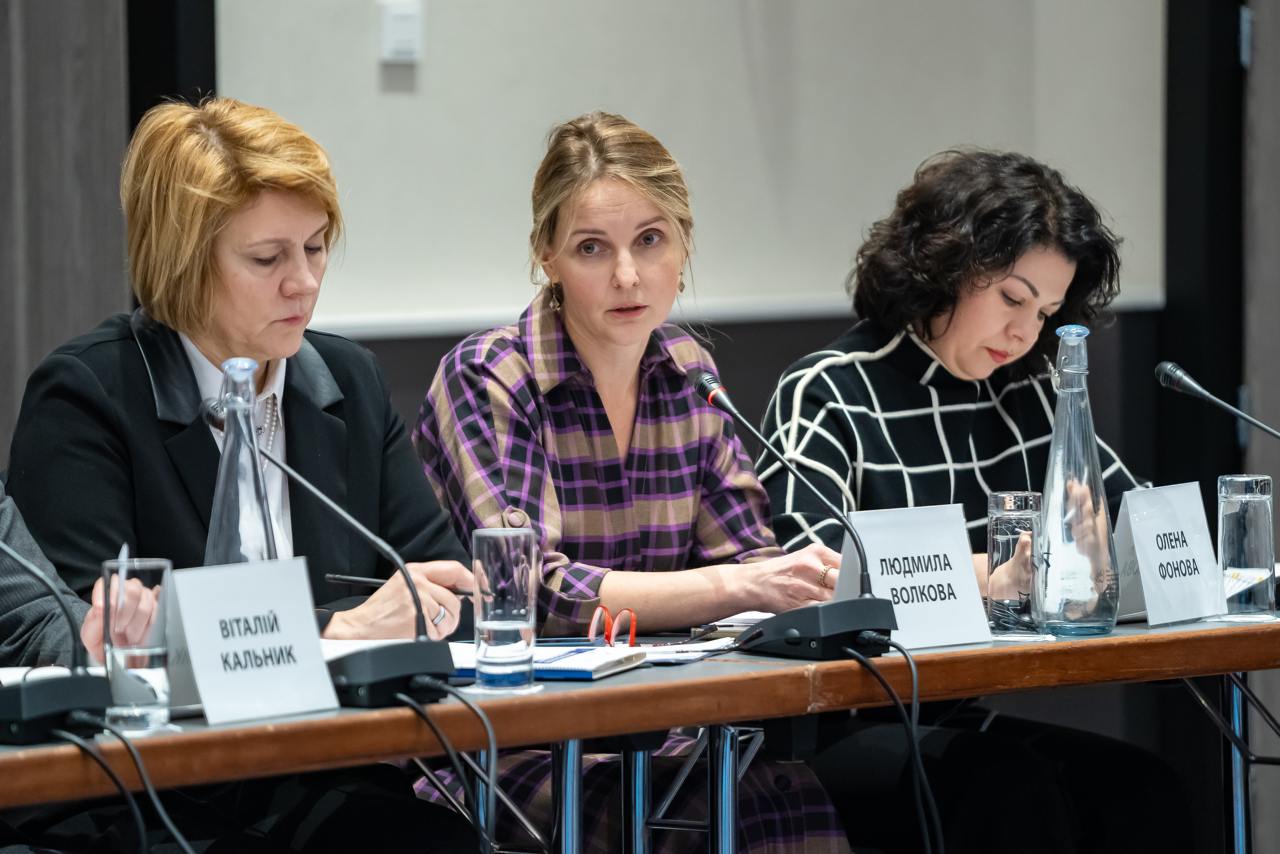
Liudmila Volkova, HQCJ member, noted that as of today the judicial governance and self-government bodies faced the task of forming not only a professional and integrity-driven judicial corps, but also an independent one. At the same time, there is a huge challenge in how and with what tools to elect truly independent judges to fill vacant positions.
"We have tools to accurately measure professionalism. We are developing tools to measure integrity. How to measure whether a judge is able to be independent and impartial though? We can elect professional and honest ones, but will they be able to offset influence?" she asked.
According to her, the HCJ and the HQCJ should develop tools that will allow measuring whether a judicial candidate has inner qualities that will allow him to resist both external influence and internal systemic risks.
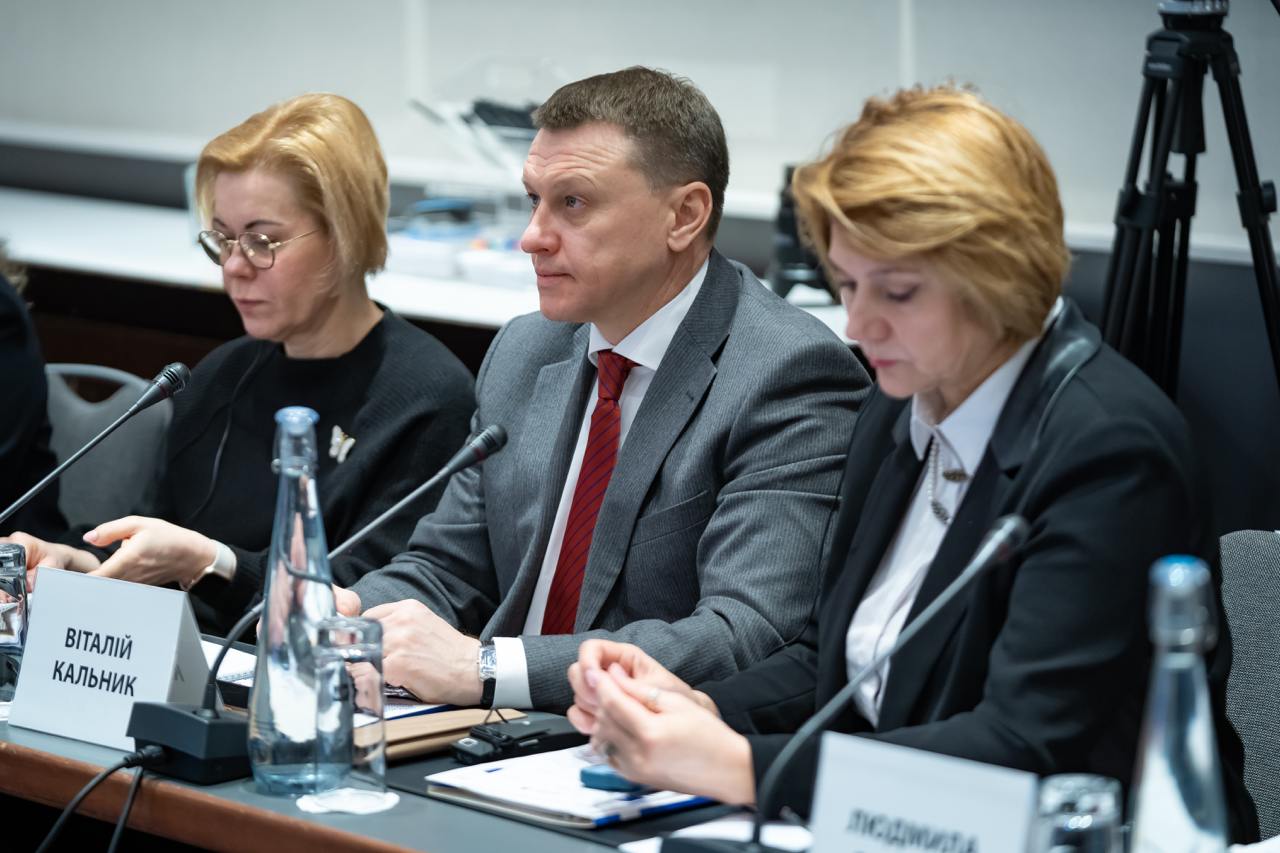
Vitalii Kalnyk, Chairman of the Committee of the Council of Judges of Ukraine on Ensuring Judicial Independence, stated that among judges the request for changes in the field of ensuring independence was probably the largest in all the years of Ukraine’s independence.
"Unfortunately, we will not have positive developments without effective work of all judicial bodies, appeals to the legislator, and cooperation with the Cabinet of Ministers," he emphasised.
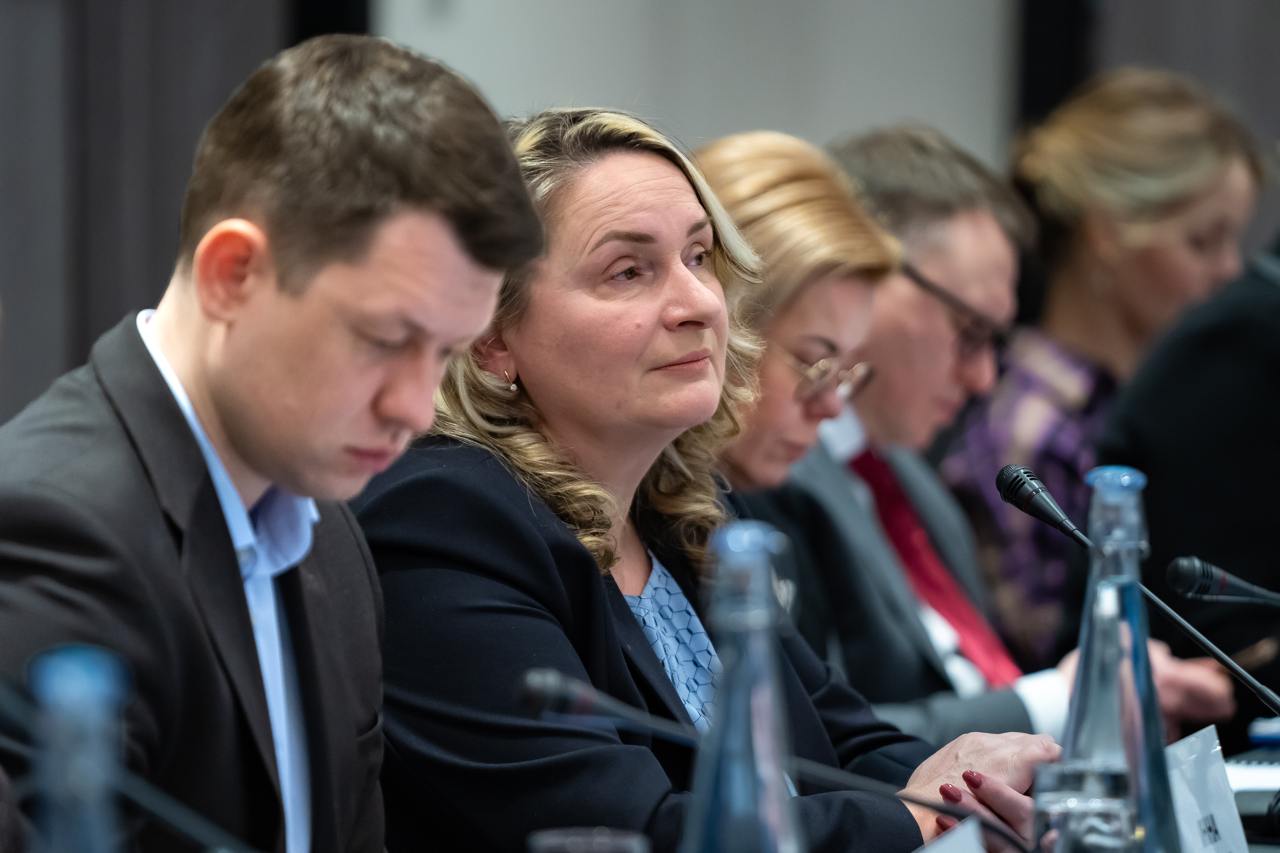
Inna Plakhtii, HCJ member, noted that, as of the moment, the percentage of Ukrainian judges who had participated in the survey was, unfortunately, quite low. She spoke about various reasons that may influence such low involvement, in particular, fears about the consequences; low awareness of the survey; lack of tradition of participating in such surveys, etc.
In the meantime, she called on Ukrainian judges to take an active part in the survey, as it is important for the future of the judiciary in Ukraine. After all, in her opinion, this study will provide an opportunity not only to identify common problems, but also facilitate Ukraine to borrow successful practices for addressing them.
During the round table, Milda Treige, Director of the ENCJ Office, and Frans van Dijk, Professor, Analyst of the ENCJ Office, briefly presented what the European Network of Councils for the Judiciary was, and also spoke about the survey on the independence of judges: how it works and how the findings are used. In addition, at the end of the round table, a moderated discussion took place on the factors influencing judicial independence, the participants sharing their own experiences and expressing their opinions on its improvement.
It should be noted that the survey on the assessment of judicial independence in 2025 will last from January 7 to March 12, 2025 inclusive. It aims at clarifying the real state of judicial independence in Ukraine, as well as to help in finding effective mechanisms for its guaranteeing and protection. The results will be published on the official website of the European Network of Councils for the Judiciary (ENCJ).